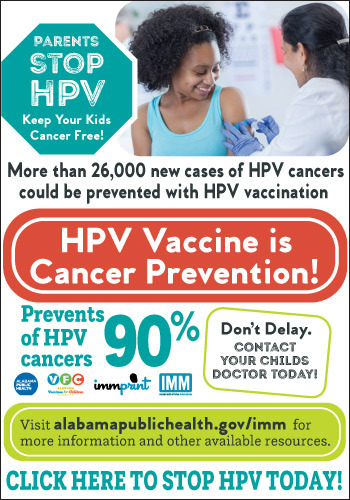
Most people are not aware of the seriousness of the problem and the effect that pornography has on relationships. Even the people watching pornography do not realize the pervasiveness of this problem today. They also may not realize the potentially severe negative effects for those who continue to watch pornography. The number of people watching pornography has increased steadily since the middle 1990s. It was then that therapists began to see clients coming in with this problem.
Pornography violates Christian values and societal values.
The body is not meant for sexual immorality, but for the Lord. (1 Corinthians 6:13)
Do you not know that your body is a temple of the Holy Spirit, who is in you, whom you have received from God? (1 Corinthians 6:19)
The easy availability and access to pornography on the Internet have resulted in millions of available pornographic videos. It has become a multi-billion-dollar business for producers of these videos, estimated at over $13 billion. Alcohol and drug addiction eventually become visible if someone is addicted to either substance, yet, people can watch pornography without anybody knowing. Most pornography is viewed on mobile devices, making it even more invisible. About 30% of all traffic online is pornography. Almost 70% of paid content online is pornography, even though much is available for free. Free pornography often leads to a subscription to continue watching videos. People are willing to pay more for access to view the material. The content of pornography has escalated to increasingly erotic and varied, including same-sex, multiple partners, and bestiality.
Because it is accessible, affordable, and anonymous, there are no real controls. The average age at which a boy uses porn is 11 years old. By 15, he has likely progressed to more erotic porn. Much of this content is accessed over mobile smartphones available to most teens. Statistics are astounding; it is estimated that 50% of those who view porn are Christian men.
Most viewers do not understand the extent to which watching pornography changes brain chemistry. Pornography results in instant stimulation.
Pornography overstimulates and alters your brain.
A surge of neurochemicals and hormones are released in the regions of the brain that cause a sensation of pleasure and craving. The “hit” is not unlike the effect of drugs and alcohol. Like those substances, it takes more and more to satisfy the craving, leading to a further need for increasingly erotic content, negatively impacting men’s views and expectations of women.
Porn addiction steals the joy from other areas of your life since it impacts your value system and makes it increasingly difficult to enjoy things you once did. It can cause problems like avoiding or lacking interest in sex with a real partner or difficulty being sexually aroused by a real partner. Wives cannot compete with the unrealistic images portrayed in porn. Couples and families break up over pornography, with lawyers reporting as many as 50% of divorce cases are affected to some extent by pornography use.
The effects on children include distorted expectations of sex and inhibit healthy sexual development. In addition, many children’s initial experience with pornography comes from material discovered in the home or shown to them by their peers. Therefore, parents must talk with their children about the dangers and effects of pornography to head off potential problems.
Pornography addiction is challenging to treat and should be guided by mental health professionals. One method is developing a plan for a gradual reduction in viewing porn. It needs to be a long-term, sustainable plan of letting go of porn. The first step is to reduce the amount of time spent watching porn. The second is to limit the time spent in a viewing period. And third, reduce the number of scenes watched. The goal is to stop watching porn altogether. Unfortunately, it is almost impossible to quit “cold turkey”. An accountability partner is a valuable addition to recovery, which can take up to 18 months. Recovery comes from choosing to live life to its fullest with renewed interest in healthy sex, a return to previously enjoyed activities, a more confident and enjoyable work life, and strong friendships.

Dr. D. Kim Hamblin is a licensed clinical psychologist in the state of Alabama. He received a B.A. in Psychology from Mississippi State University and a Ph.D. in Clinical Psychology from the University of Texas at Austin. He maintains a full-time private practice that specializes in adult individual therapy. Special interests include depression, bipolar disorder, anxiety disorders, post-traumatic stress disorder, obsessive compulsive disorders, and ADD/ADHD.










